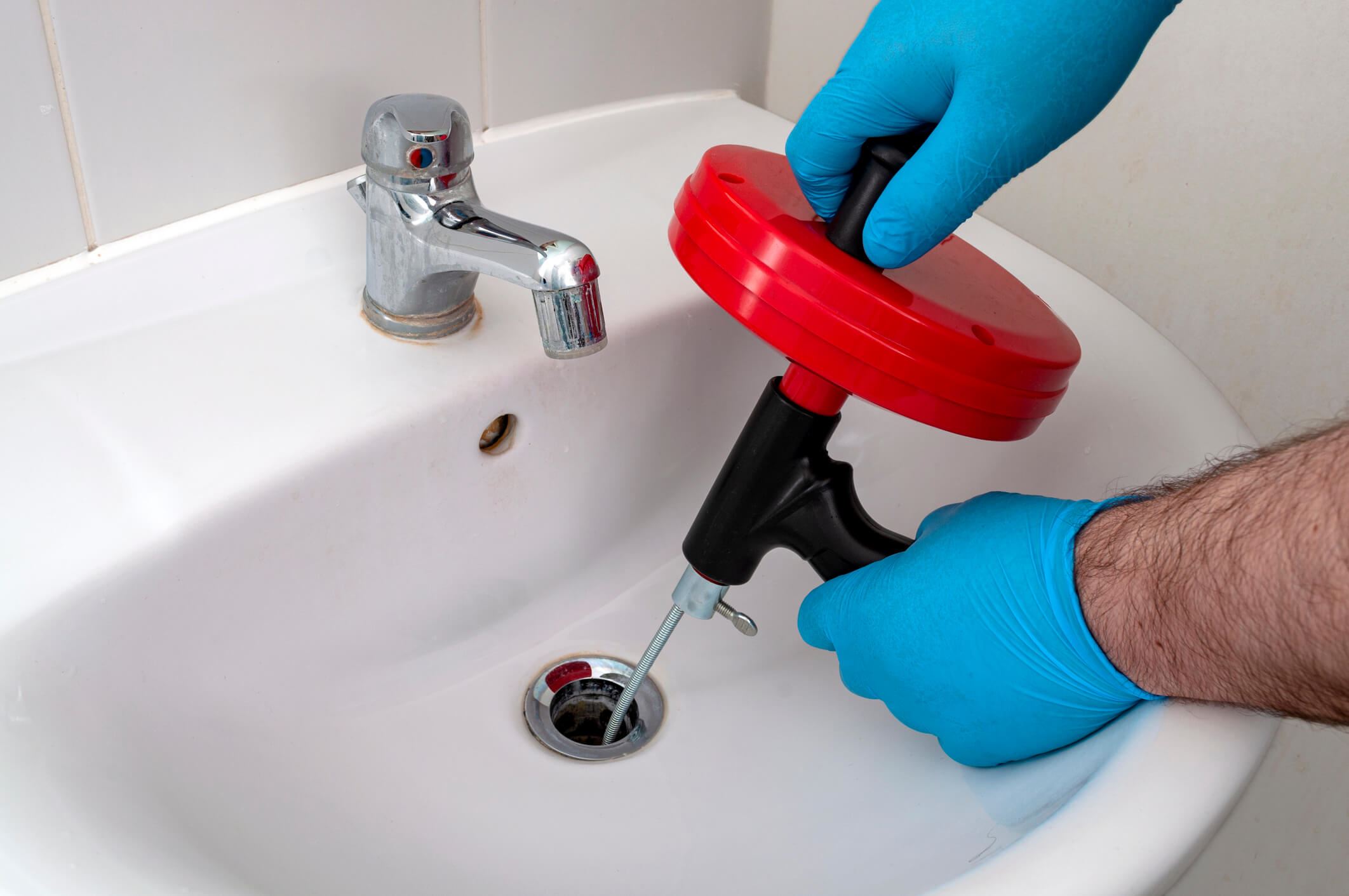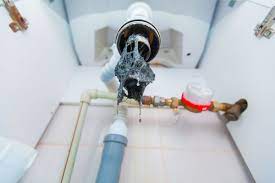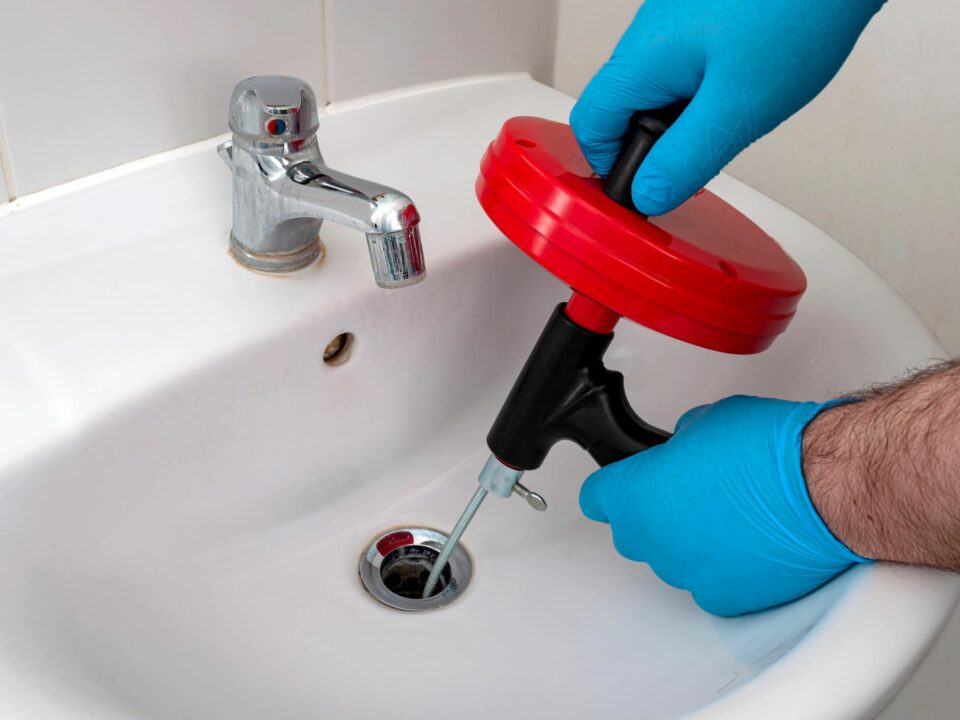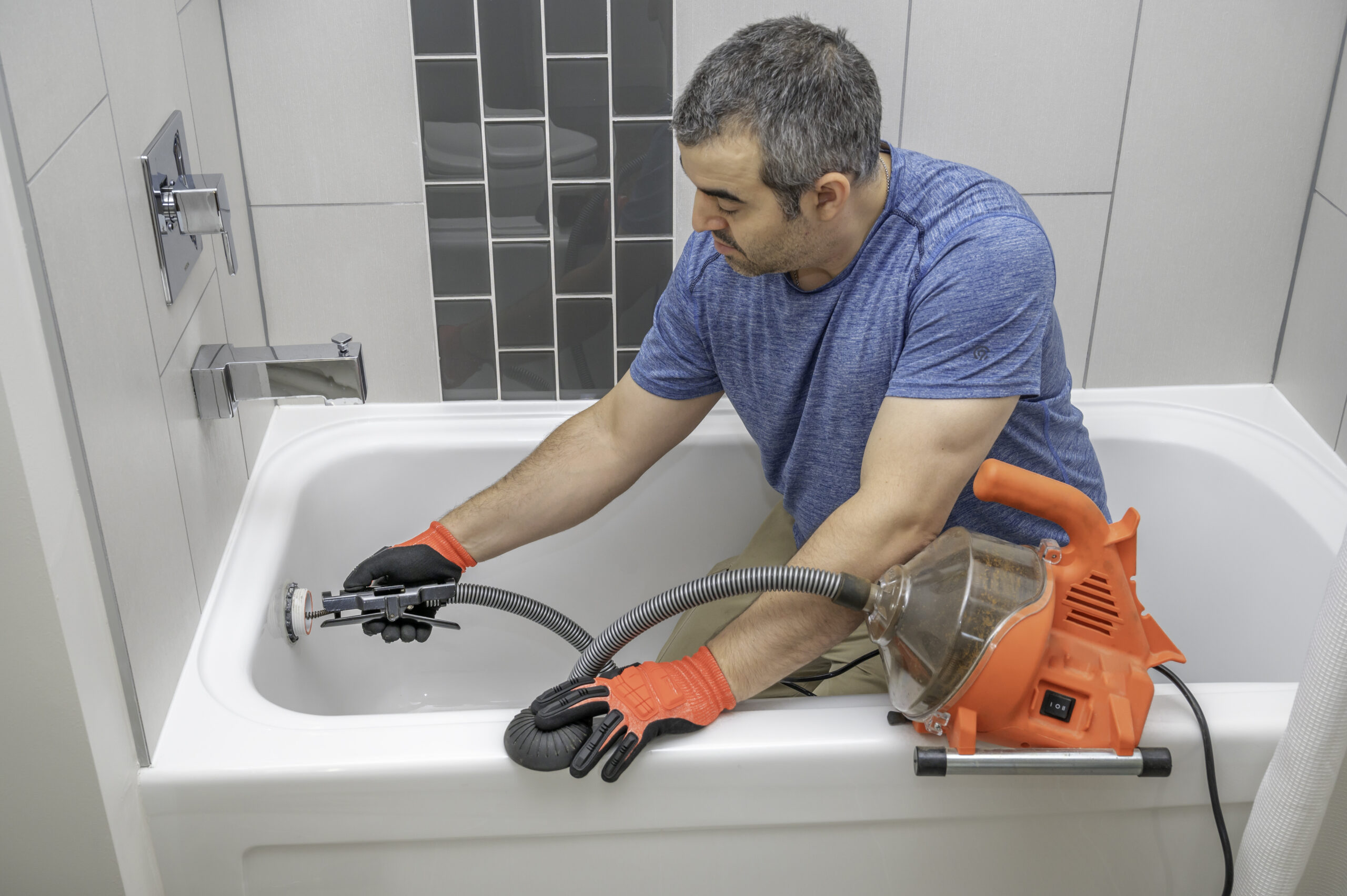
How can you tell if your sink is clogged?
January 24, 2023
What are the best ways to prevent a sink from becoming clogged?
January 24, 2023Clogged sinks are commonly caused by a buildup of debris over time. This debris can come from things like food scraps, oils and fats, soap scum, hair, paper products, and other materials that get washed down the sink drain. Tree roots entering through cracked pipes can also cause blockages. Additionally, items such as toys or jewelry can get stuck in the drain if they make it past the trap where most blockages occur.
In some cases, clogs may be caused by a buildup of mineral deposits on the interior surfaces of pipes due to hard water. These mineral deposits create an effective barrier against liquids passing through them and can result in slow-draining or completely clogged pipes. Over time these deposits become like cement and can be difficult to clear.
If you suspect a clog, it’s best to put off using household drain cleaning products and instead call in a professional plumber who can diagnose the issue and recommend an appropriate solution. A plumber may use specialized tools such as cameras or hydro jets to inspect your pipes before attempting any repairs. By taking these steps, you can ensure that your sink remains clog-free and functioning properly.
What are some signs of a clogged sink?
When a sink becomes clogged, it is not always immediately evident. The telltale signs include gurgling noises when running water down the drain, slow draining water that takes longer than usual to go down, and a foul odor coming from the sink. Additionally, water may also start to back up in other fixtures if they share the same drain line. If any of these signs are present, it’s best to call in a professional plumber as soon as possible to avoid further damage or an even bigger clog.
If left unchecked, a clogged sink can lead to water damage and potential flooding due to backed-up pipes. In some cases, you may be able to clear a clog yourself with a plunger or homemade vinegar solution. However, more serious blockages should always be handled by professionals who have access to specialized tools and expertise in diagnosing and repairing plumbing issues.
What is the best way to prevent a clogged sink?
The best way to avoid a clogged sink is to practice proper maintenance and prevention. This includes regularly cleaning out your garbage disposal, never pouring cooking grease, oil or fat down the drain, and using a chemical cleaner once a month to break down any debris that has accumulated in your pipes. Additionally, you should use a sink strainer or stopper while washing dishes so that food scraps and other debris don’t end up down the drain. Finally, running hot water through the drain every few days can help flush away any buildup before it has the chance to create a blockage. By following these steps and practicing regular preventive maintenance, you can help ensure that your sink remains clog-free. Good luck!
How can you tell if your sink is clogged?
What are the best ways to prevent a sink from becoming clogged



